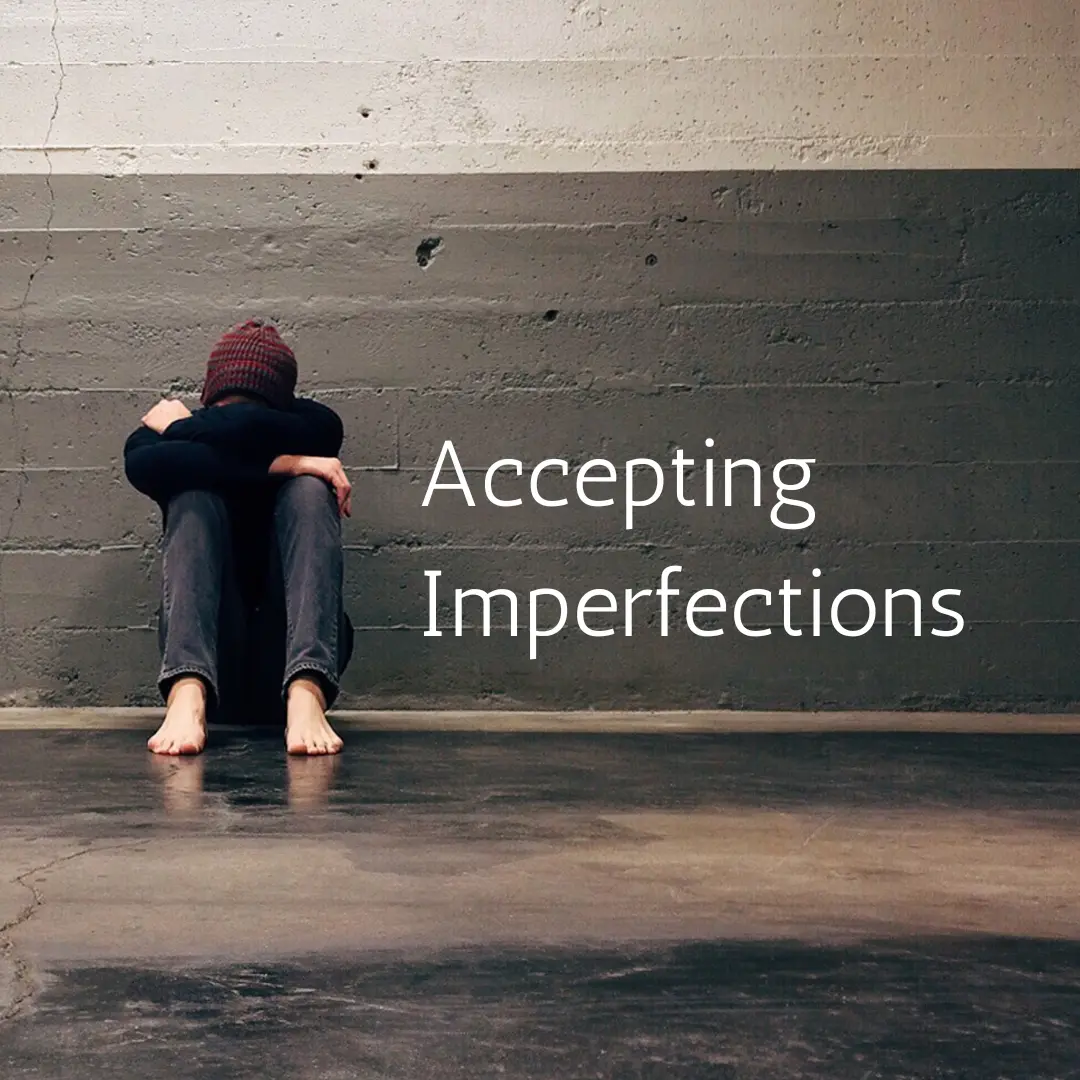Introduction
In the hustle and bustle of modern life, it’s easy to get caught up in the pursuit of more—more success, more possessions, more experiences. However, there’s profound wisdom in the phrase “Love what you have, before life teaches you to love,” attributed to Tymoff. This sentiment encourages us to embrace gratitude and appreciate our current blessings, fostering a sense of contentment and fulfillment. In this article, we explore the importance of gratitude, the benefits it brings, and practical ways to cultivate this mindset in our daily lives.
Section 1: The Importance of Gratitude Gratitude is a powerful emotion that can transform our outlook on life and enhance our overall well-being:
- Mindset Shift: Shifting focus from what we lack to what we have can lead to a more positive and resilient mindset.
- Emotional Well-being: Gratitude has been linked to increased happiness, reduced stress, and improved mental health.
- Relationships: Appreciating the people and relationships in our lives can strengthen bonds and foster deeper connections.
- Life Satisfaction: Gratitude helps us recognize the value in our experiences, leading to greater life satisfaction.
Section 2: The Consequences of Taking Things for Granted When we fail to appreciate what we have, life often finds ways to remind us of their true value:
- Loss and Regret: We may not realize the importance of certain people, possessions, or opportunities until they are no longer available.
- Missed Opportunities: Focusing on what we don’t have can blind us to the opportunities and blessings right in front of us.
- Increased Stress: Constantly striving for more can lead to chronic stress and dissatisfaction, impacting our health and well-being.
Section 3: Benefits of Practicing Gratitude Embracing gratitude can lead to numerous positive outcomes in various aspects of our lives:
- Physical Health: Grateful individuals tend to have stronger immune systems, lower blood pressure, and better sleep quality.
- Mental Health: Gratitude practices are associated with lower levels of depression and anxiety, and higher levels of happiness and life satisfaction.
- Social Connections: Expressing gratitude to others can enhance social bonds and improve relationships, creating a supportive community.
- Resilience: Grateful individuals are better equipped to handle life’s challenges and setbacks with a positive outlook.
Section 4: Practical Ways to Cultivate Gratitude Incorporating gratitude into our daily routines can help us appreciate what we have and lead more fulfilling lives:
- Gratitude Journaling: Write down three things you are grateful for each day to reinforce positive thinking and awareness of your blessings.
- Mindful Reflection: Take a few moments each day to reflect on your experiences and identify the positives, even in challenging situations.
- Express Appreciation: Regularly express gratitude to others, whether through verbal acknowledgments, thank-you notes, or acts of kindness.
- Focus on the Present: Practice mindfulness and focus on the present moment, appreciating the beauty and value of what you have right now.
- Gratitude Rituals: Incorporate gratitude into daily routines, such as expressing thanks before meals or during family gatherings.
Section 5: Real-Life Stories of Gratitude Real-life examples can inspire us to embrace gratitude and appreciate what we have:
- Personal Triumphs: Stories of individuals who found happiness and fulfillment by shifting their focus from what they lacked to what they had.
- Overcoming Adversity: Accounts of people who faced significant challenges but maintained a positive outlook through gratitude practices.
- Community and Connection: Examples of how gratitude strengthened relationships and created supportive communities.
Conclusion
“Love what you have, before life teaches you to love” serves as a poignant reminder to embrace gratitude and appreciate the present moment. By cultivating a mindset of gratitude, we can enhance our emotional well-being, strengthen our relationships, and lead more fulfilling lives. Let us strive to recognize and cherish the blessings we have, fostering a sense of contentment and joy that transcends the pursuit of more.



